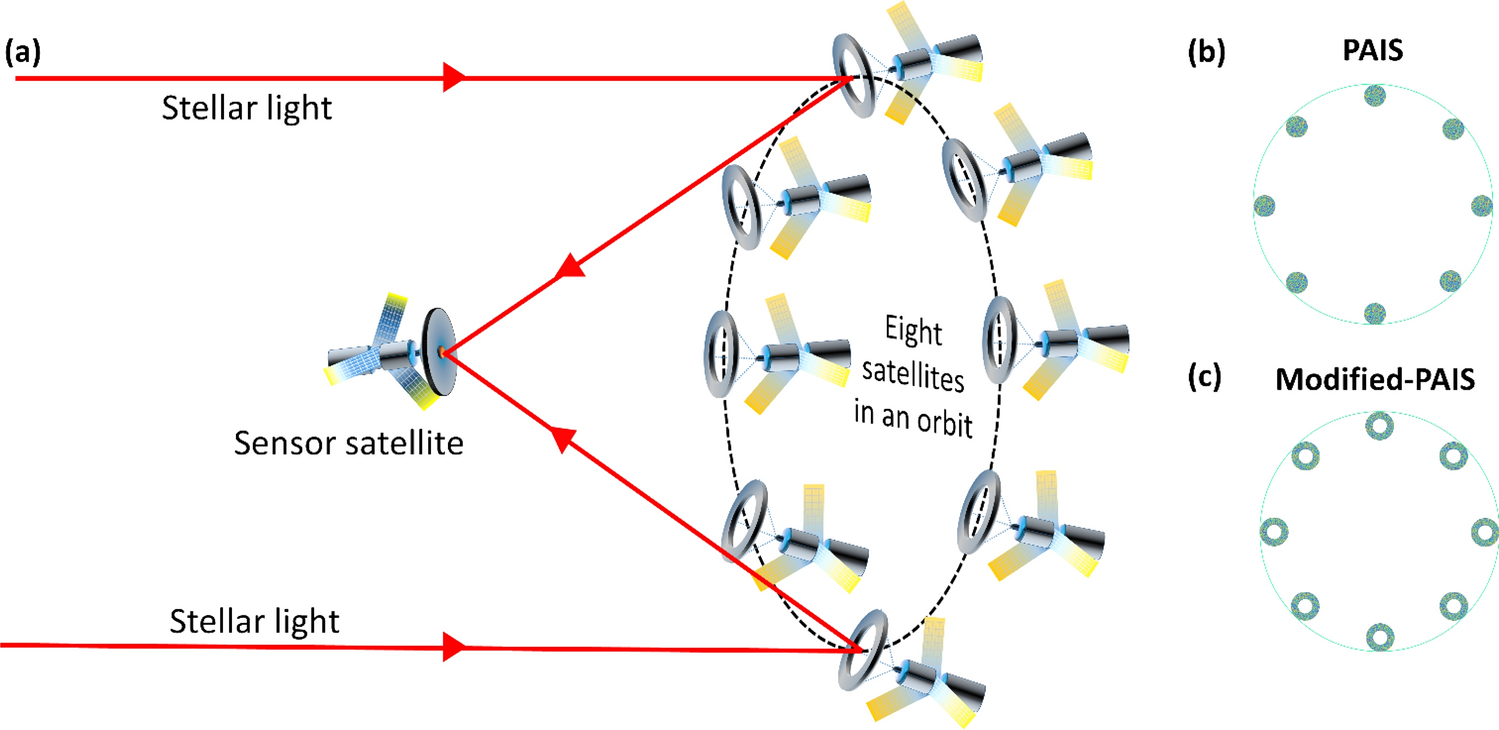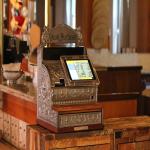A Clear aperture allows more light into your venue, making it easier for everyone in the audience. If you have a fancy party, you can set up a stage where people can see you from as far away as possible. Alternatively, you could have a series of smaller gatherings spread around the property that all have access to the same stage. Whatever you do, don’t underuse a clear aperture. This can make it so much more challenging to make a successful event.
If you’ve spent too much time thinking about what kind of event you want to host, you probably feel like you don’t have a clear idea of what the space might look like. After all, what kind of venue would be best for a private function? Or maybe you don’t have any ideas at all. What would a clear aperture look like? The following guide will show you precisely what a clear gap should look like and why you should avoid ones that aren’t flexible enough.
What Is A Clear Aperture
A clear aperture is a type that lets in more light than a conventional double or single aperture (i.e., it doesn’t let in as much light as a light globe would). is because a clear Aperture is based on a ratio of the length of light to the area of light received, which is called the light transmission ratio (LTR). A clear aperture is an ideal solution for photographers who want to capture more light in their photos but lack the space to make their shots adequately exposed.
The Benefits Of A Clear Aperture
The main benefits of using a clear aperture outweigh the apparently increased light transmission, which gives your photos a brighter, more accurate image. But there are a couple of main reasons you should avoid using a clear aperture in your photography.
As you’re likely to see, a clear aperture is an integral part of any photo studio/equipment setup. However, for photographers who want to shoot a more professional look, a clear aperture is a frame that does not have an opening. This frame does not accept the light and is not considered suitable for photography.
Why You shouldn’t use a clear aperture
There are a couple of main reasons you shouldn’t use a clear aperture in your photography: It is not flexible. A clear aperture is a fixed focus lens, and you’ll need to use it that way in all your photos. It is not long enough. A clear aperture is usually used for a more significant event or for a long time, and people have been using it for weddings. It is not long enough to receive the light that is needed.
The Drawbacks Of A Clear Aperture
There are a few disadvantages to using a clear aperture in your photography, but the most obvious one is located in the back of the frame. This means you cannot see the light coming through the aperture, and you may have to hold your breath until it is all in.
And there are a couple of other things to keep in mind before clicking “buy” on a clear aperture and planning your wedding reception. Remember to keep the gap as low as possible to keep the light from entering the room from where it would be reflected from the ground. Ideally, you will have a light stand that is low enough that the bottom does not reflect the light into the room. And for the best light coverage, you would want a white background.
Conclusion
A clear aperture does have its place in photography, but it is not the only type of aperture used. There are multiple other types of aperture that can be used, and they all work in different situations. According to experts, a clear aperture is an ideal type for photography, but it is not the only type of aperture that can be used. You will need to consider which kind of aperture is right for your situation and the needs of your image.
Also read about:
LinkedIn A Guide to LinkedIn Personal Branding
A guide to Web Design in Malaga
Good Unfairly Block Rival Payments on App Store
















